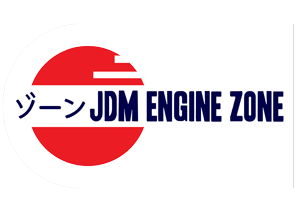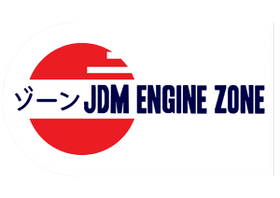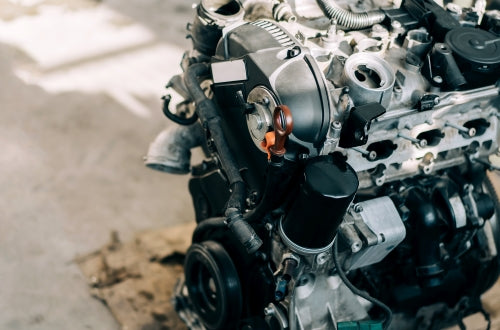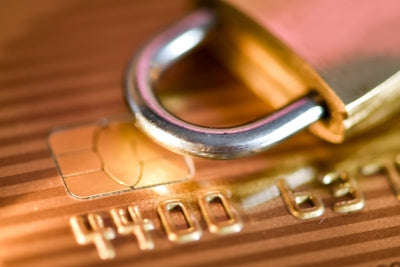The Pros and Cons of JDM Engine Swaps
Pros of JDM Engine Swaps
Let's start with the benefits. A JDM engine swap can significantly improve your car's performance. Why? JDM engines are known for their high-quality construction, reliability and advanced technology. These engines often come from sporty Japanese cars like the Nissan Skyline or the Honda Civic Type R, which have higher power outputs than the average American car. This means you can expect a big performance gain when you install one of these engines in your car. Additionally, JDM engines are built to withstand high horsepower applications, which means you can push your car to the limit.
Cons of JDM Engine Swaps
Of course, there are downsides to JDM engine swaps. Firstly, these engines can be expensive. Due to import fees and shipping costs, JDM engines can cost a lot more than domestic ones. Secondly, JDM engines are often designed for right-hand drive vehicles, which can make installation more complicated. You may need to purchase additional parts or modify your car's structure to accommodate the engine. Lastly, if you're not familiar with the JDM engine market, there's a risk of buying a fake or damaged engine. Make sure you do your research and purchase from reputable suppliers.
Types of JDM Engine Swaps
There are different types of JDM engine swaps depending on the car you own and the type of engine you're installing. Some engines, like the Honda K20, are relatively easy to install because they fit in a wide variety of cars. Other engines, like the Nissan RB26 or Toyota 2JZ, are more difficult to install because they require significant modifications to the car's engine bay. If you're unsure which engine to install, consult with a mechanic or car enthusiast who has experience with JDM engine swaps.
Installation and Maintenance
JDM engine swaps require specialized knowledge and experience to install. Unless you're familiar with engine swaps, it's best to leave the job to a professional mechanic. Even when the engine is installed, you'll need to ensure it stays in good condition. Regular maintenance, including oil changes and tuning, is a must to keep the engine running smoothly. Be prepared to spend extra money on maintenance after the swap is complete.
Legal Considerations
Before you install a JDM engine, make sure you check your state's laws regarding engine swaps. Many states have specific guidelines for modified engines, and failure to comply can cause your car to fail inspection or result in a fine. Additionally, if you're planning on selling your car with a JDM engine, be aware that it may be difficult to find a buyer. Some buyers may view a heavily modified car as a liability rather than an asset.
JDM engine swaps can be a great way to improve your car's performance and add a unique flair to your ride. However, as we've outlined, there are significant costs and risks to consider before you undertake this kind of engine swap. If you're confident in your skills and are willing to invest the time and money, a JDM engine swap can be a rewarding project. Just remember to do your research, consult with professionals, and ensure you're complying with local regulations. Here at JDM Engine Zone, we provide all types of engines for our customers; feel free to browse our catalogue!




